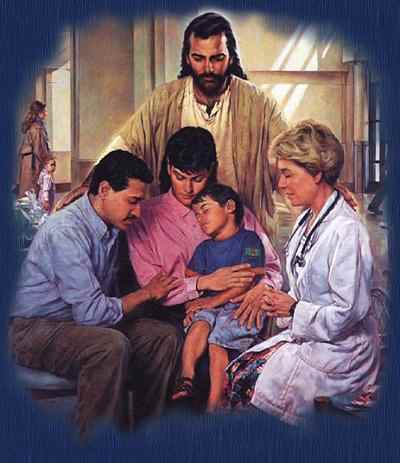 In my previous post (the first one) in this series, I dealt with Rom 10:17.
In my previous post (the first one) in this series, I dealt with Rom 10:17.
I am sure you have heard Mt 18:19 and/or verse 20 quoted in conversation with the idea behind it that if only we could stand together as two or three and agree on an issue then God would answer our prayer or Jesus will certainly be in our midst. Or, something similar to that…
Just more than a week ago I wrote two posts on hermeneutics, and it is always good to keep the basics of interpreting the Bible in mind. So, if you’d like, you could read through those posts to just to get to know the basics on interpreting the Bible. Many books, many of them very thick, have been written on the topic of interpreting the Bible. So, when you read those two posts, please do not think for a moment that I covered every aspect of hermeneutics in detail. In fact, it is more of a summary.
Anyway, today we will have a look at Mt 18:19-20:
“(19) ‘Again I say to you, that if two of you agree on earth about anything that they may ask, it shall be done for them by My Father who is in heaven.
(20) ‘For where two or three have gathered together in My name, I am there in their midst.’ (Mat 18:19-20)”
With what I wrote above on how many Christians misuse these two verses, I thought that we’d have a quick look at them. Like I always say:
A text without a context is merely a pretext!
When we interpret the Bible, it is always important to keep the context in mind. Words, and sentences, really only have meaning when found within a larger context! I am sure you have experienced someone walking into the middle of your conversation, and then blabbed on about the weirdest stuff, and no-one in the original group could make sense of what the newcomer was talking about. Well, the newcomer probably walked by, heard a word or phrase and thought to himself: “I know about that!”, and then jumped into the conversation with what he thought he had heard. Meanwhile, if he had kept his mouth shut, and listened for a while, he would have realized that the group was not talking about the subject he thought was on offer at all! You see, he did not have the context of the word or phrase that he heard! It is exactly the same in interpreting the Bible! When you take a verse out of its context, you literally can make that verse say almost anything! However, as good stewards of the Word of God we have to make sure that we rightly divide the word of truth! That is why context is so important, especially when reading the Bible!

Back in verse 5 we already find a warning that causing little children to sin has dire consequences. Then, from verse 7 it speaks about the fact that it is better to rid oneself of offending appendages, than being thrown into the fires of hell. From verse 10 we find the parable of the lost sheep, the sheep that went astray. All this leads us to verse 15 to 20. If a brother sins, we need to show him his fault in private. If he does not accept this, then we take one or two others with us to show him his fault, “so that BY THE MOUTH OF TWO OR THREE WITNESSES EVERY FACT MAY BE CONFIRMED. (v16)” If he still refuses to be corrected, then it is brought before the rest of the church, and at this point, if he still refuses correction, he is to be treated s a common sinner. Then the famous words are spoken by Jesus:
“(18) ‘Truly I say to you, whatever you bind on earth shall have been bound in heaven; and whatever you loose on earth shall have been loosed in heaven.
(19) ‘Again I say to you, that if two of you agree on earth about anything that they may ask, it shall be done for them by My Father who is in heaven.
(20) ‘For where two or three have gathered together in My name, I am there in their midst.’ (Mat 18:18-20)”

Of course, the whole chapter has to do with re-establishing of repentant sinners to the body of believers. This we can see clearly with Peter’s question in verse 21. In verse 22 Jesus tells him that forgiveness should be never ending. However, this is based on the sinner’s willingness to repent, s can be seen with the passage of vv15-20, and also vv23-35.
Repentant sinners get restored to the body, but unrepentant sinners will once again be treated as sinners who need the gospel.
RESOURCES:
I thought I’d give you some resources to look at in the field of hermeneutics.
Vern S. Poythress, God-centered Biblical Interpretation.
Bernard Ramm, Protestant Biblical Interpretation.
Gordon D. Fee & Douglas Stuart, How to Read the Bible for All Its Worth.
Gordon D. Fee, New testament Exegesis.
Walter A. Henrichsen, A Layman’s Guide to Interpreting the Bible.
Grant R. Osborne, The Hermeneutical Spiral: A Comprehensive Introduction to Biblical Interpretation.
Graeme Goldsworthy, Christ-Centred Biblical Theology: Hermeneutical foundations and principles.
